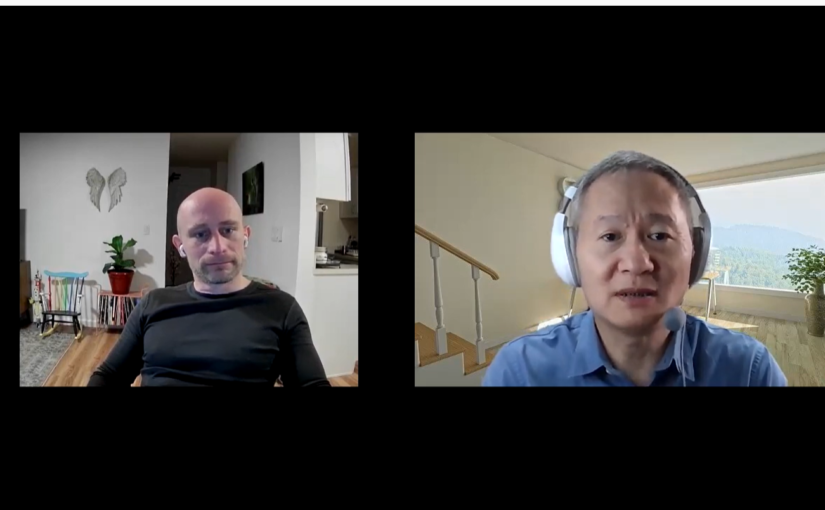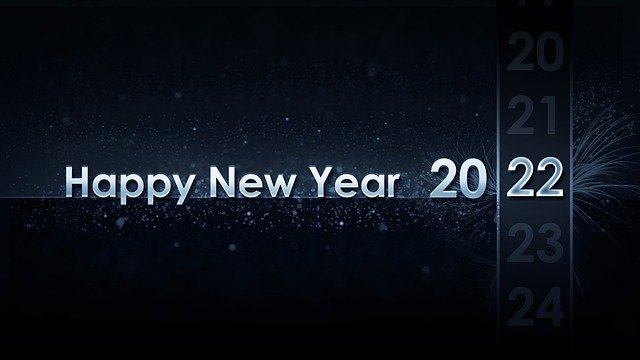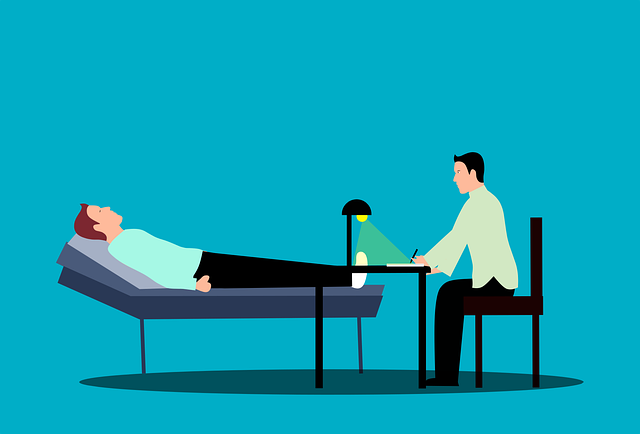by Nathan Chua
Have you lost hope recently? Does it feel like you have hit a ceiling in your life? Does it feel like everything is just one dreadful day after another? Has life turned into a series of musts, shoulds, and can’ts? Are you tired of running away? Perhaps running away from a life that you had always wanted? What is left to pursue with your time?
Whether it’s an addiction, anxiety, depression, or whatnot, it’s probably time to change your perspective on what’s going on with your life. If feeling safe is what you had been looking for in a long time, then you might notice that it is only a matter of time when your anxiety, depression, addictive urges, or anger catch up with you. It’s a fruitless endeavor. Why? Because you had been hardwired to have them. To what extent will depend much on your personal history. Unfortunately, no matter what, your personal history is going to be with you. Your memories are not your roommates that you can avoid by just picking another place to stay.
Clients who start gaining the ability to move forward in their lives would often run back for help whenever there are new challenges that come or when these obstacles feel insurmountable. Well, here is something that might encourage you. Let’s say you are a mountain climber. As you climb up that mountain, you would probably feel the challenges getting more daunting. Why? Because the higher you go the harder your fall will be. You also notice that you begin to have some bruises or more tired muscles as you reach one milestone after another. Your supplies may also show that you have less of what’s left as you climb. There may also have been unexpected delays or injuries that needed more time to heal.
Such is life when you go after what it is that gives it meaning and purpose. Success or no success, what’s important is the climbing. I mean you probably wouldn’t exchange the experience with just having a drive up the mountain in a nice SUV.
You might be reading this and think about what this has got to do with your problems. Let’s say you have the dream of finding a partner that you can love. You may fail along the way. Not all your relationships end up with an exchange of vows. The other end of this journey could be finding the person with whom you want to spend the rest of your life. Either way there is one common denominator in this pursuit of a meaningful relationship. You want to be in a relationship because you want to love and care for someone. And this doesn’t change regardless of outcomes, but the challenges can change and become even more challenging.
Another example is, you might be working hard for your dreams of sharing the fruits of your labor with people you care for. Bottom line is you probably are not working for money for the sake of one day lying down on top of it. You probably want to use this money for the people that matter to you, including yourself and maybe that sense of being independent. Whether you succeed or not in making the level of income you want, it would not change the fact that you wanted to be generous with what you earn. So the outcome doesn’t really change who you are and what you want to be. That’s a constant companion. They are your dreams and aspirations of being the person you want to be and living the life you want to live.
So let that mountain that I just stuck in your mind be your guiding metaphor. As you climb higher towards your dreams, you will have new and more difficult challenges that will come. Learning how to embrace them as opportunities to continue with your mission is the key. It is not about results, it’s about you and your dream of just being what you want to be in every step of your way there.






